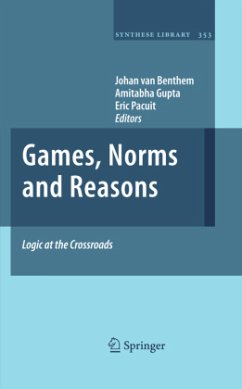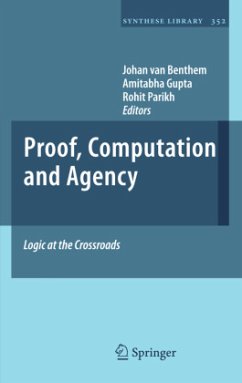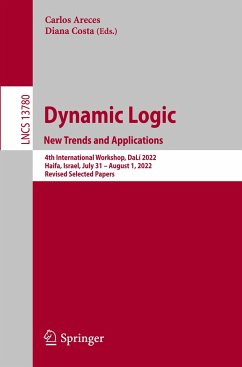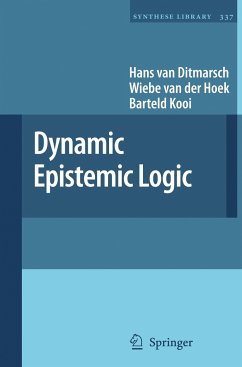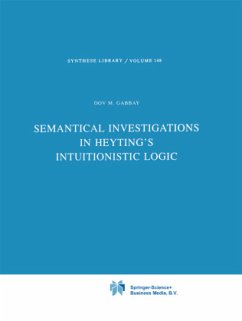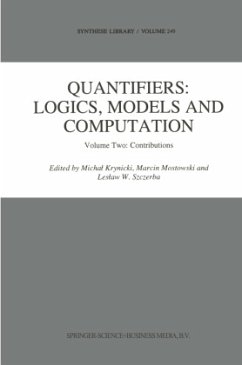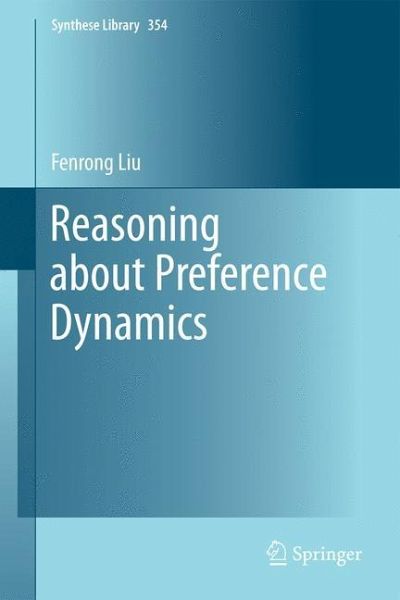
Reasoning about Preference Dynamics
Versandkostenfrei!
Versandfertig in 6-10 Tagen
76,99 €
inkl. MwSt.
Weitere Ausgaben:

PAYBACK Punkte
38 °P sammeln!
Rational behaviour of agents is driven by their information about the world, but equally importantly, by their preferences between actions or outcomes of actions. Thus a logic of preference should be a necessary part of any successful logical account of rational agency. But agents do not just reason with fixed preferences, they are subject to a constant stream of new information which affects their knowledge and belief, and likewise, to a stream of preference changing events which affect their goals and desires. This book is the first to investigate in a systematic manner, what logical systems...
Rational behaviour of agents is driven by their information about the world, but equally importantly, by their preferences between actions or outcomes of actions. Thus a logic of preference should be a necessary part of any successful logical account of rational agency. But agents do not just reason with fixed preferences, they are subject to a constant stream of new information which affects their knowledge and belief, and likewise, to a stream of preference changing events which affect their goals and desires. This book is the first to investigate in a systematic manner, what logical systems must look like to deal with both information dynamics and preference change in an integrated manner. Its purpose in doing so is finding a perspective that does justice to all aspects of reasoning about agency, while providing a coherent framework that can absorb insights from many fields. The methods used in this study combine several ingredients: existing logics of belief and preference, new dynamic-epistemic logics of information flow based on triggering events , and theories of structured preference based on underlying priority orders among properties of objects or worlds. The result is a systematic family of complete logical systems, which greatly extends the existing literature on preference logic, while clarifying a number of philosophical issues concerning agency. In line with its unifying ambition, the book also considers a wide variety of concrete examples, drawn from deontic logic, game theory, linguistic optimality theory, social choice theory, and other areas.





